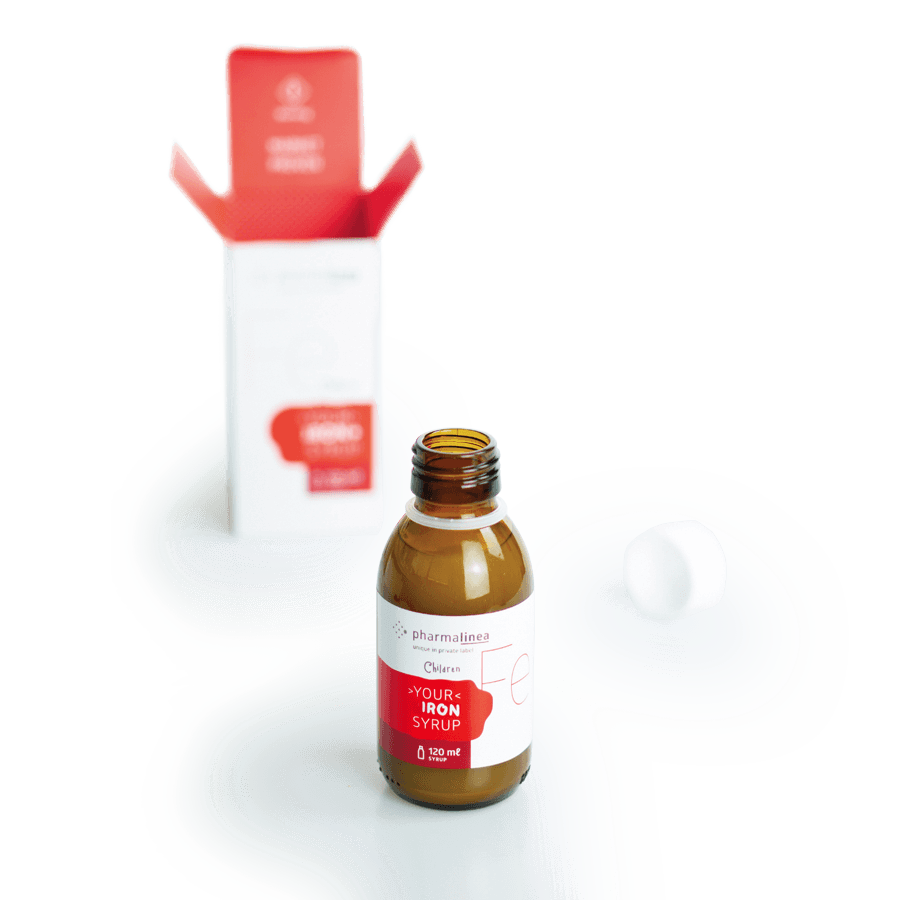how to recognize a good clinical trial?
Clinical trials on nutraceutical products are increasingly widespread and their promotion is becoming a vital asset for achieving market success. However, not all clinical trials are created equal. What are the factors that make a trial “good”?








